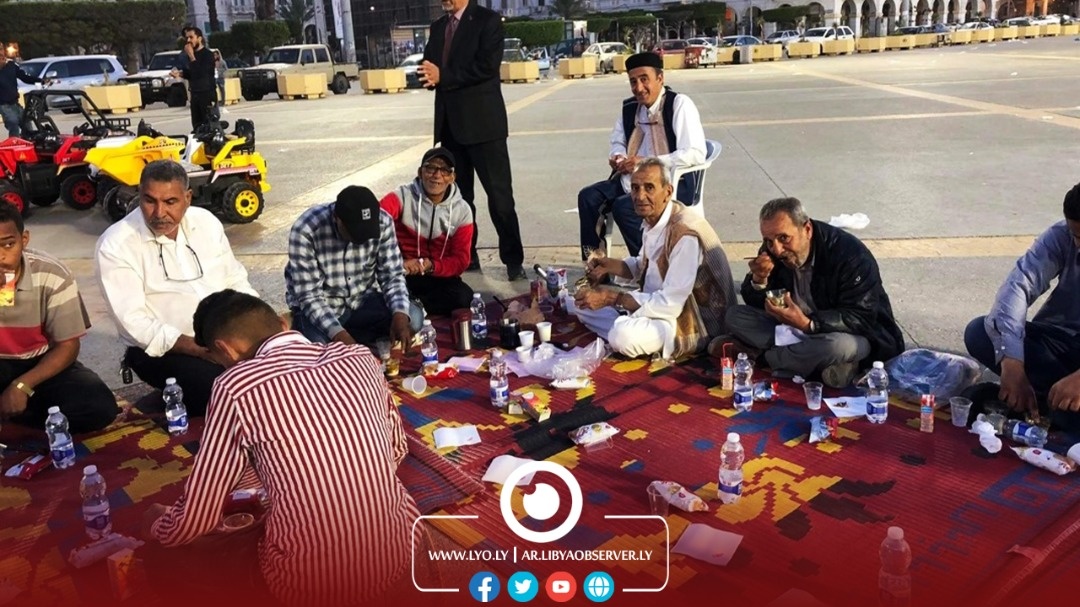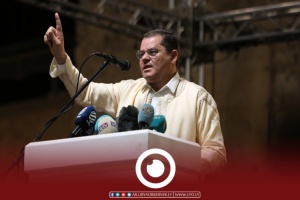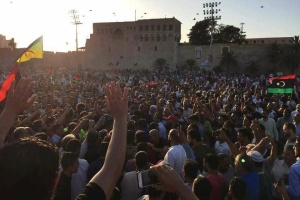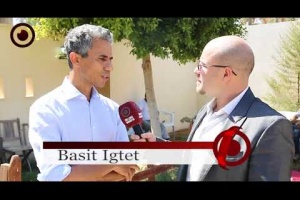Dozens of residents in Tripoli organized a collective iftar in Martyrs Square on Monday, April 4, to commemorate the third anniversary since Khalifa Haftar announced an offensive on Tripoli, which ended with his defeat after a year or so.
After seizing the capital of the eastern region, Benghazi, in 2017, Haftar turned his gaze on Tripoli, which many said have long cautioned that it was just a question of time.
While engaging in talks with the internationally recognized Government of National Accord (GNA) and with less than two weeks to an UN-led national conference in Libya's Ghadams, Khalifa Haftar released a recording circulated online in which he declared his first 'zero hours' to take over the capital, vowing it would fall in two days.
Backed by a massive propaganda machine, mainly by the UAE, Haftar hoped to enter Tripoli as the long-waited savior who would bring back stability and order, but as his forces advanced, the shelling was targeting everything in sight, hitting schools, hospitals, ambulances, and residential homes.
After a 14-month battle with the support of Egypt, the UAE, Russia, and France, Haftar received a severe blow after the Libyan army forced his militias to retreat from the outskirts of Tripoli to Sirte, a coastal city between Tripoli and Benghazi.
The UN mission in Libya has documented more than 680 civilian casualties killed or wounded, while around 150,000 people in and around Tripoli have fled their homes due to the aggression.
The General Authority for Research and Identification of Missing Persons said it had documented 3,650 missing persons in different Libyan cities, including 350 in Tarhuna, a stronghold for Haftar's militias, before being forced out of the town in June 2020.





